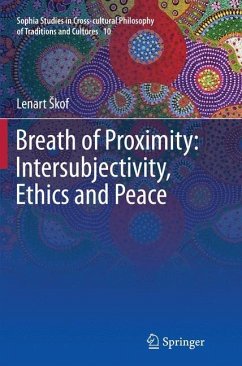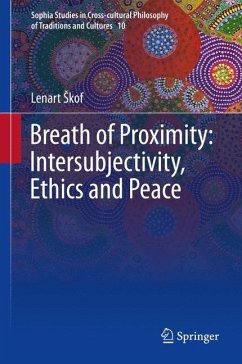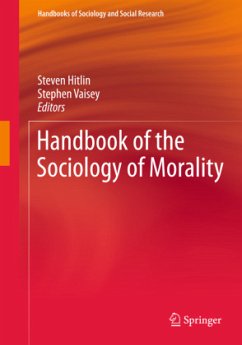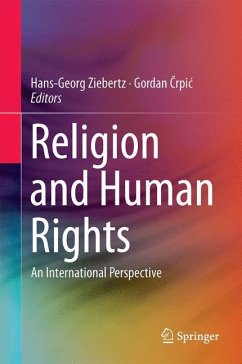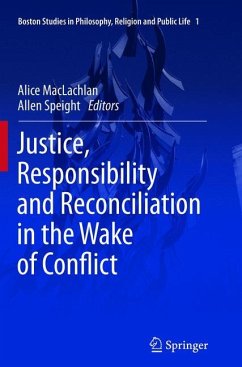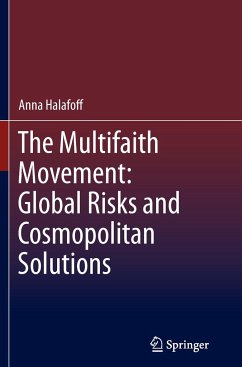
The Multifaith Movement: Global Risks and Cosmopolitan Solutions
Versandkostenfrei!
Versandfertig in 6-10 Tagen
76,99 €
inkl. MwSt.
Weitere Ausgaben:

PAYBACK Punkte
38 °P sammeln!
This book documents the ultramodern rise of the multifaith movement, as mulitfaith initiatives have been increasingly deployed as cosmopolitan solutions to counter global risks such as terrorism and climate change at the turn of the 21st century. These projects aim to enhance common security, particularly in Western societies following the events of September 11, 2001 and the July 2005 London bombings, where multifaith engagement has been promoted as a strategy to counter violent extremism. The author draws on interviews with 56 leading figures in the field of multifaith relations, including P...
This book documents the ultramodern rise of the multifaith movement, as mulitfaith initiatives have been increasingly deployed as cosmopolitan solutions to counter global risks such as terrorism and climate change at the turn of the 21st century. These projects aim to enhance common security, particularly in Western societies following the events of September 11, 2001 and the July 2005 London bombings, where multifaith engagement has been promoted as a strategy to counter violent extremism. The author draws on interviews with 56 leading figures in the field of multifaith relations, including Paul Knitter, Eboo Patel, Marcus Braybrooke, Katherine Marshall, John Voll and Krista Tippett.
Identifying the principle aims of the multifaith movement, the analysis explores the benefits-and challenges-of multifaith engagement, as well as the effectiveness of multifaith initiatives in countering the process of radicalization. Building on notions of cosmopolitanism, thework proposes a new theoretical framework termed 'Netpeace', which recognizes the interconnectedness of global problems and their solutions. In doing so, it acknowledges the capacity of multi-actor peacebuilding networks, including religious and state actors, to address the pressing dilemmas of our times. The primary intention of the book is to assist in the formation of new models of activism and governance, founded on a 'politics of understanding' modeled by the multifaith movement.
Identifying the principle aims of the multifaith movement, the analysis explores the benefits-and challenges-of multifaith engagement, as well as the effectiveness of multifaith initiatives in countering the process of radicalization. Building on notions of cosmopolitanism, thework proposes a new theoretical framework termed 'Netpeace', which recognizes the interconnectedness of global problems and their solutions. In doing so, it acknowledges the capacity of multi-actor peacebuilding networks, including religious and state actors, to address the pressing dilemmas of our times. The primary intention of the book is to assist in the formation of new models of activism and governance, founded on a 'politics of understanding' modeled by the multifaith movement.





